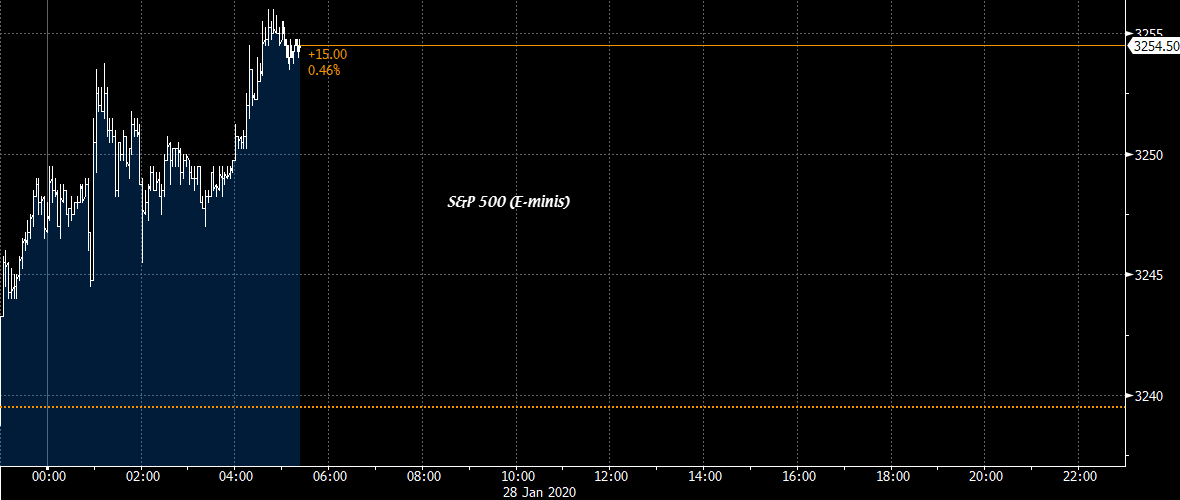When the Federal Reserve explored for ammunition in its arsenal beyond conventional tools during the global financial crisis, many like Jim Rogers who relied on conventional economics believed there wasn’t much at the central bank’s disposal. It was doom’s day. But the late Martin Zweig’s ‘Don’t fight the Fed’ adage gained currency as easy policies rolled on.
Central banks in the developed world resorted to many actions, one after the other, to prevent another Great Depression. From cutting interest rates to zero, to buying unlimited quantities of bonds — treasuries to mortgages — in unconventional monetary policy (UMP). More was in store whenever markets turned wobbly. Negative interest rates to buying corporate bonds which were part of academic research turned into reality.
UMP for India was not on the agenda because India couldn’t afford it as it had its own problems in high inflation, a soaring fiscal deficit and a ballooning current account deficit. So Indian monetary policy moved in the opposite direction.
But Reserve Bank of India governor Shaktikanta Das last week wore the hat of former ECB president Mario Draghi when he came up with long-term repo funding of Rs 1 lakh crore though there is no apparent financial panic.
Financial institutions may not be on the brink like they were on Wall Street in 2008, but the credit market is seized up, but for the top-rated ones. Loans are growing at an anaemic 7.1 per cent despite 135 basis points of cut in the key lending rate by the RBI, reflecting bankers’ risk aversion. The longterm repo option is aimed at credit flow to Main Street. A basis point is 0.01 percentage point.
Banks bidding for Rs 1.9 lakh crore at Monday’s auction when Rs 25,000 crore was on offer is a sign that the RBI nudge is beginning to work.
This not only brings down the yields market, for some banks, even internally this is beneficial. Many global banks that offer clients hedging facilities have ‘liquidity charge’ of 30 to 40 basis points on their bonds and derivatives desk which could vanish with this facility.
While the initial adjustments in short-term rates have happened, it needs sustained efforts to make bank loans cheaper and available for a wider universe. Furthermore, it is a question of confidence and capital at the financial institutions.
Here the RBI lends against sovereign paper, that too with a 5 per cent haircut for possible mark-to-market value erosion. It could next move to triple A paper, and extend to lesser rated ones, probably with a 35-40 per cent haircut.
It may be less attractive, but that would provide comfort for banks and improve confidence in the system which is in short supply. Of course, the central bank can’t hold junk paper. To ensure that it may have to do an asset quality review, failing which, it may face blame like the ECB when it was holding junk Volkswagen bonds.
The RBI has started on ‘credit intervention’ to funnel loans to Main Street instead of just operating monetary policy. There’s more in the pipeline. Lenders better open the loans tap because there’s more to come. Don’t fight the Das!
- Source, Economic Times


